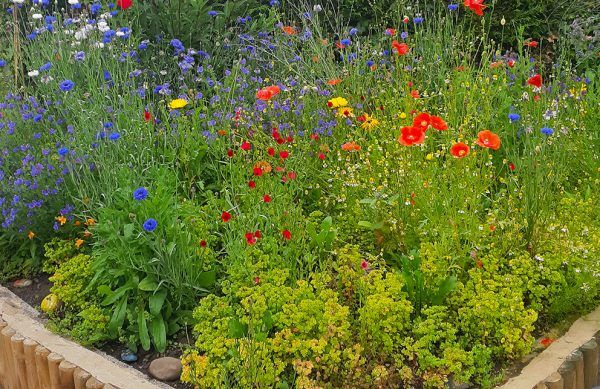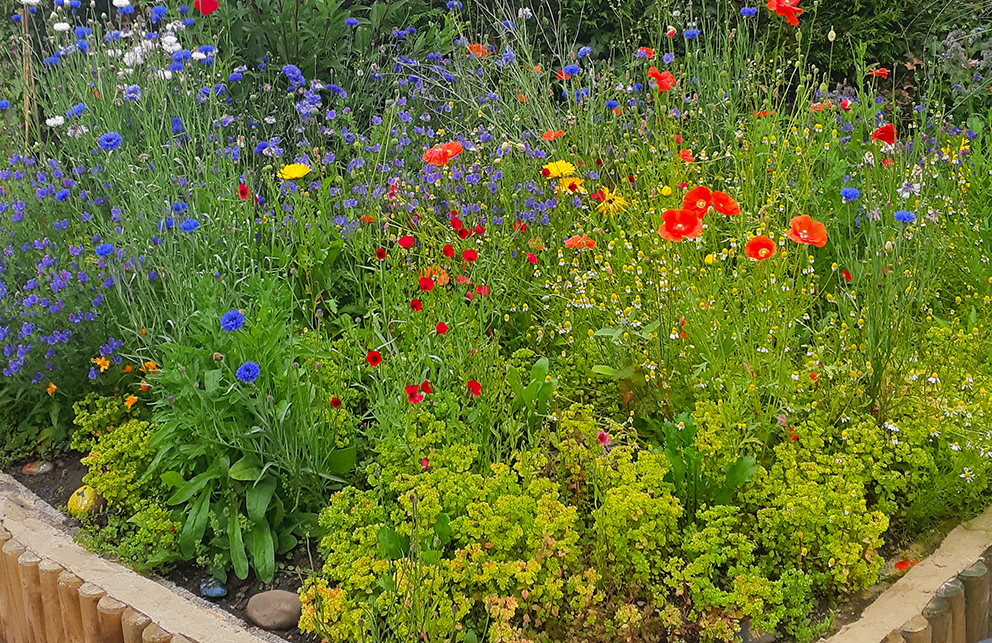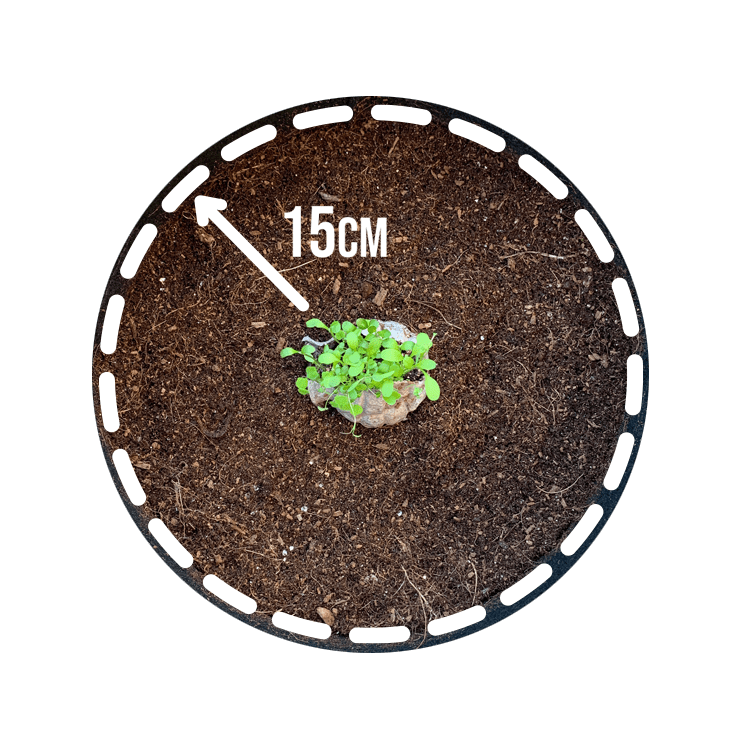Categories
Tags
annual art biennial bio-based biobased biodegradable biodegradable packaging BIRD FEEDING BIRDS butterfly conservation butterfly wildflowers chocolate christmas gifts compostable coo's tail divine divinechocolate eco-friendly flowers gallery gardening gift guide gifts green space kabloom meet the stockist mental health online shopping organic organic chocolate Packaging perennial perfect for pollinators plastic free pollinators save our butterflies scottish seedbom seedbom stockist shopping stockist sustainable gifts thurso URBAN BIRDS WILDFLOWERSArchive

How to create an environmentally friendly wildflower garden
28th August 2023
Crafting an environmentally friendly wildflower garden not only treats your senses to nature’s wonders but also gives back to our environment. By tweaking our gardening routines, we can nourish native wildlife and safeguard our planet. Below, let’s take a look into some simple steps that will transform your garden into an earth-conscious haven.
Embrace Local Flora
Harnessing native plants for your garden establishes a balanced ecosystem that harmonises with local wildlife. Native plants have acclimated to their surroundings over time, making them ideal. Blossoms like primrose, dog-rose, and honeysuckles, sustain bees, butterflies, and birds. They’re low-maintenance and thrive with less water than non-native counterparts.
Embrace Natural Solutions
Opting for natural solutions in your garden reduces environmental strain. Sidestep chemical pesticides and herbicides in favour of organic alternatives like neem oil, compost tea, and manual weed removal. Organic pesticides are derived from nature and biodegrade rapidly, leaving no harmful residues.
Foster Composting
Composting stands as a sustainable approach to managing garden refuse. Converting plant clippings and kitchen scraps into compost enriches soil and reduces waste. This practice cuts down on landfill contribution while minimising reliance on chemical fertilisers.
Discover SeedBoms
Embrace a hassle-free method to cultivate a diverse, wild garden with Seedboms. These compact capsules house compressed soil packed with wildflower seeds. Soak it, throw it and then grow it! Growing wildflowers has never been easier, requiring minimal effort, and within weeks, they’ll evolve into a vibrant array. Wildflowers are really important for sustaining beneficial insects like bees and butterflies whilst requiring less water due to their drought resistance.
Conserve Water
Water efficiency plays a pivotal role in eco-friendly gardening. Reduce water consumption by choosing drought-resistant plants and employing water-wise tactics, such as installing a rain barrel for collecting rainwater and watering during cooler morning and evening hours.
Embrace Sustainable Alternatives
Elevate your garden’s sustainability by considering alternatives like composite decking and recycled plastic furniture. Composite decking blends wood fibres with recycled plastics, offering a durable and eco-conscious alternative to conventional timber. Recycled plastic furniture, crafted from post-consumer plastics, curbs landfill waste. Opting for these choices trims your carbon footprint and curbs demand for virgin materials.
Practice the 3Rs
The “reduce, reuse, recycle” mantra is a cornerstone of green living, extending to gardening. Replace store-bought mulch with natural mulch from clippings, leaves, and grass. Give old containers new life as planters and recycle plastic, metal, and glass waste from gardening endeavours, such as empty pots and packaging materials.
Embrace Solar Power
Harnessing solar energy through lights, water pumps, and other garden gear curtails your carbon footprint and saves on energy bills. Solar-powered lights and lanterns infuse your garden with a charming glow sans electricity. Solar water pumps empower self-sustaining water features and fountains.
Invite Beneficial Insects
Luring beneficial insects into your garden slashes the need for pesticides and nurtures a self-sufficient ecosystem. Ladybugs, lacewings, and praying mantises act as natural predators against pests. Nurture these allies by planting daisies, marigolds, and constructing bug hotels to get the perfect environmentally friendly garden.
Install a Green Roof or Living Wall
Consider the sustainability of your garden by introducing a green roof or living wall. Green roofs adorned with vegetation soak up rainfall, diminish heat island effects, and offer havens for birds and insects. Living walls, or vertical gardens, introduce plants to vertical structures, enhancing air quality and shrinking your garden’s ecological footprint.
Guest post written by Rosie Buckley – The Writers Diary


 Login / Register
Login / Register 

